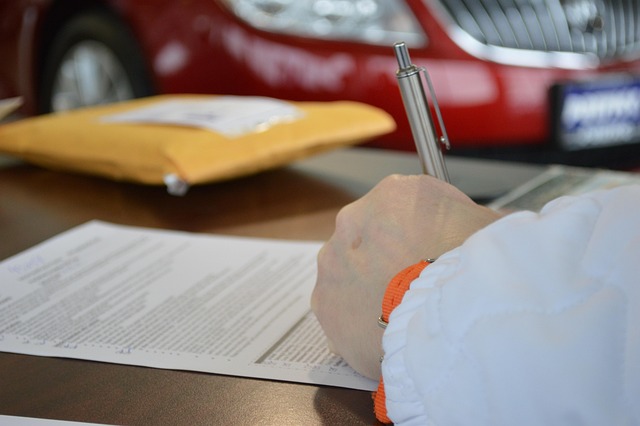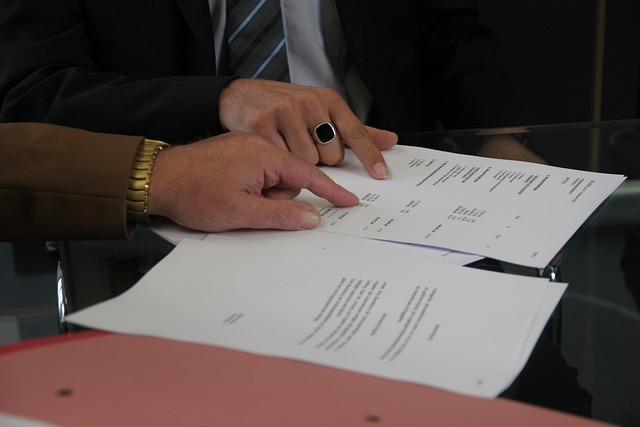Losing a loved one is an incredibly difficult experience, but it can be particularly difficult losing a partner. Dealing with the administrative responsibilities on top of your own grief can feel overwhelming.
Something that is often confusing for clients is whether of not they need a Grant of Probate if their partner has died.
The answer depends on how your partner’s assets were owned, whether they had a Will, and what arrangements were in place for any property, bank accounts, or investments.
What Is Probate?
Probate is the legal process of confirming who has the authority to deal with a person’s estate after their death.
If your partner left a Will, the executor named in that Will applies for a Grant of Probate. This is very often a spouse, civil partner or partner.
If there was no Will, a close relative can apply for Letters of Administration to manage the estate. What can be difficult in these circumstances if that if you were not married or in a civil partnership at the time of their death, then you may not have any say in the administration of the estate.
Once granted, the Grant of Probate (or Letters of Administration) allows the executor or administrator to:
- Access bank accounts and investments
- Sell or transfer property
- Pay debts, tax, and expenses
- Distribute the estate according to the Will or the rules of intestacy
When You Don’t Need Probate
In many cases, you may not need probate when your partner dies. This depends on how assets were owned.
- Jointly owned property
- If you and your partner owned your home as joint tenants, their share automatically passes to you under the right of survivorship.
- The Land Registry can update the title using the death certificate — probate is not needed.
- However, if you owned the property as tenants in common, your partner’s share forms part of their estate, and probate may be required to transfer or sell it.
- Joint bank accounts
- Most joint bank accounts pass automatically to the surviving partner. The bank will usually just need to see the death certificate to update the account details.
- Small estates
- If your partner’s assets were modest — for example, small savings and personal belongings — probate may not be necessary. Each bank or financial institution sets its own threshold, typically between £20,000 and £50,000.
- Life insurance and pensions
- If these were written in trust or had named beneficiaries, they’re paid directly and fall outside the estate. Probate isn’t usually needed for these assets.
When Probate Is Required
You’ll usually need to apply for probate if:
- Your partner owned property in their sole name.
- There are substantial savings or investments held in their name only.
- There are stocks or shares owned in your partners sole name.
- Financial institutions request a Grant of Probate before releasing funds.
If your partner owned property or other assets in their sole name, probate might be necessary to sell, transfer, or manage them.
What If You Weren’t Married or in a Civil Partnership?
If you were not legally married or in a civil partnership, the situation can be more complex. Unmarried partners do not have an automatic right to inherit — even if you lived together for many years.
If your partner left a Will, their estate will be distributed according to their wishes.
If they died without a Will, the rules of intestacy apply, and their assets will pass to their closest blood relatives, not automatically to you. This excludes any jointly owned property which will pass to you as the surviving joint owner.
How Long Does Probate Take?
The timeframe varies depending on the complexity of the estate. Typically:
- Applying for probate takes around 8 to 16 weeks once all financial information is gathered.
- Administering the estate (including selling property and distributing funds) can take 9 to 12 months on average but can often take longer, particularly if the property takes longer to sell, there are international assets or missing or minor beneficiaries (under age 18).
How We Can Help
If you’ve recently lost your partner and aren’t sure whether you need probate, contact us for some initial free advice. We’ll explain your options and guide you every step of the way.




